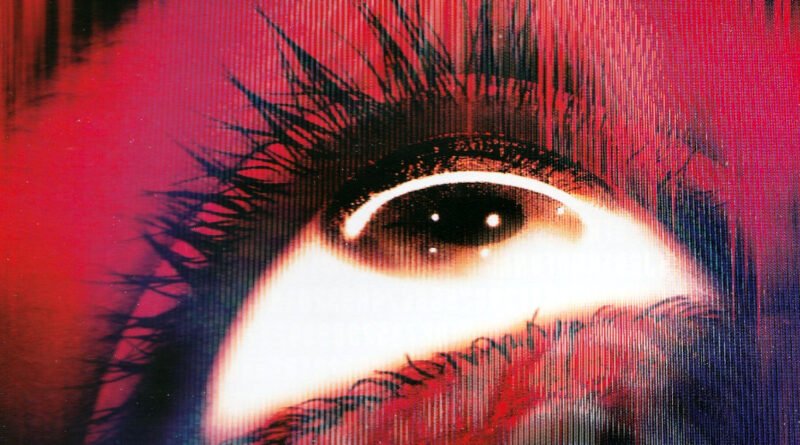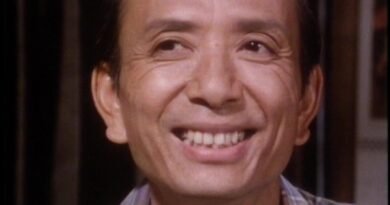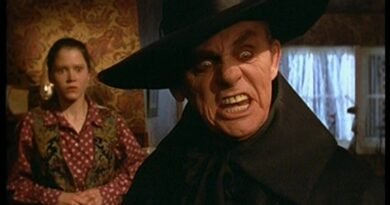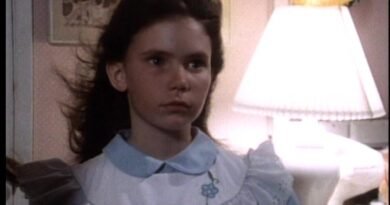My Little Eye (2002): “A Chilling Reality TV Nightmare”

Title: My Little Eye (2002)
Writer(s): David Hilton, James Watkins
Director: Marc Evans
Main Cast: Actor (Character): Sean Cw Johnson (Matt), Kris Lemche (Rex), Stephen O’Reilly (Danny), Laura Regan (Emma), Jennifer Sky (Charlie), Bradley Cooper (Travis)
Synopsis
My Little Eye follows five young adults who agree to take part in a social experiment by living together in a remote, camera-rigged house for six months. The catch? They’re being watched 24/7 via live stream on the internet. The reward is substantial: a million dollars, but only if they all stay the full six months. As the days progress, inexplicable happenings, mounting paranoia, and a growing sense of dread begin to fracture their trust. What initially seems like a twisted reality show slowly reveals itself to be something much more sinister and far-reaching.
What Works
One of the film’s most effective elements is its atmosphere. The isolated setting—an old, snowy house in the middle of nowhere—creates a tangible sense of claustrophobia and psychological pressure. This is amplified by the surveillance-style camerawork, which gives viewers the constant feeling that they too are voyeurs complicit in watching these events unfold.
The film was ahead of its time in exploring themes of online surveillance and the obsession with reality television, which was just beginning to dominate early 2000s media. In this way, it serves as a grim commentary on our willingness to watch others suffer for entertainment and how easily personal boundaries can be violated in the name of content.
Performances are generally strong, especially from Kris Lemche, who brings a manic, unpredictable energy to the role of Rex, and Jennifer Sky, who balances vulnerability with emotional depth. Bradley Cooper, in an early role as the enigmatic Travis, also leaves a lasting impression, hinting at the star power he would later harness.
The tension escalates gradually and effectively, offering a slow-burn psychological experience rather than quick scares. Its muted colour palette and sparse musical score further enhance the mood of cold dread.
What Doesn’t Work
While the concept and tone are solid, My Little Eye does suffer from a few shortcomings. Pacing in the middle act drags slightly, with repetitive scenes that don’t always advance the plot or deepen character relationships. Some viewers may find this frustrating, especially as the film leans heavily on atmosphere over exposition.
Additionally, not all characters are well fleshed out. With five people in the house, screen time is stretched thin, and a couple of the characters remain underdeveloped or are reduced to tropes. This lack of emotional investment can lessen the impact when the horror starts to ramp up.
The film’s climax, while intense, may also feel slightly predictable to horror veterans. The twist is serviceable but doesn’t necessarily deliver the full gut-punch some may expect, especially given the deliberate build-up.
Final Thoughts: Does It Hold Up?
Despite its flaws, My Little Eye holds up surprisingly well, particularly in an era increasingly defined by surveillance capitalism and the commodification of privacy. The idea of being watched without your consent—or being lulled into agreeing to it for the sake of notoriety or money—feels more relevant now than it did in 2002.
The film remains a strong entry in the found-footage and psychological horror subgenres. Its lo-fi aesthetic might even work in its favour today, adding a sense of realism and distance from the overly polished visuals of modern horror cinema. The minimalist approach feels raw and unsettling, keeping viewers on edge throughout.
Who Would Enjoy This Episode?
- Fans of early 2000s psychological horror with a slow-burn approach.
- Viewers who appreciate found-footage and surveillance-style filmmaking.
- Those intrigued by themes of paranoia, voyeurism, and moral decay.
- Admirers of cult horror films that offer social commentary over gore.
Who Might Not Enjoy It?
- Viewers looking for fast-paced horror or high body counts.
- Audiences who prefer clear resolutions and neatly tied-up plotlines.
- Those who dislike grainy, handheld camerawork or subdued visual styles.
- Fans expecting supernatural elements or traditional monsters may be disappointed by the film’s more grounded, psychological focus.
Final Verdict
My Little Eye is a bleak and unnerving exploration of privacy, control, and psychological manipulation. Though not without its flaws, it remains a compelling watch for those who favour cerebral horror with a unique narrative style. As a precursor to our modern surveillance society and the darker side of reality television, it offers a chilling glimpse into the consequences of being watched—and the even darker reality of who might be watching.




